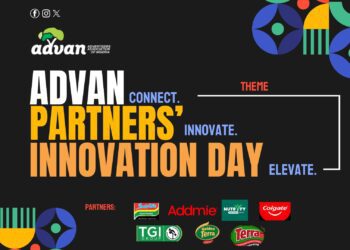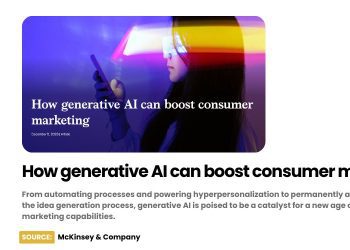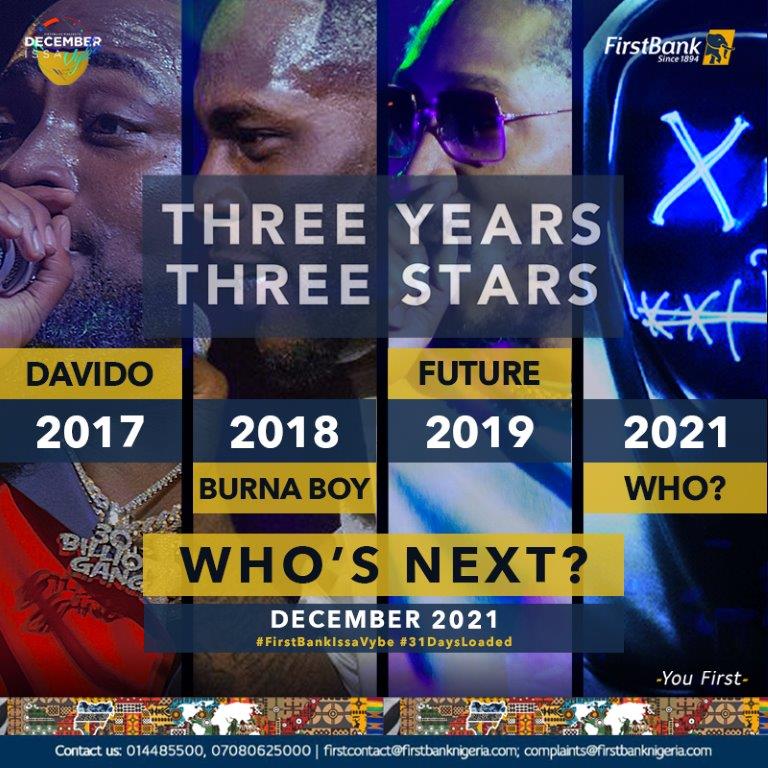Below is the keynote that I gave at the November 2021 Award Ceremony. It was a pleasure to write this as it does speak to my journey to unexpectedly becoming a CMO a few months ago. Enjoy the read…
Greetings ladies and gentlemen. I’m grateful to the ADVAN team for inviting me to make this keynote address on future fit marketing.
The future is here. The future is now. Tomorrow is not distant; tomorrow’s issues are relevant in our businesses and careers today. We need to start adjusting the decisions we make to address these very issues today. I’m hoping that my words not only communicate the urgency, but also share a path that I have had to take as CMO to better understand tomorrow’s issues.
In practice, this means that:
- We need to change how we drive and measure success in our businesses.
- We need to change what we learn, and more importantly, unlearn as new tools, capabilities, and skill sets become available, and compelling in the market – to form the bedrock for future of multi-billion dollar companies.
- We need to change how we influence the nations of people whose hearts and minds we speak to with our work.
We have entered the 4th industrial revolution. The rules of the third no longer apply. We are not a manufacturing or even knowledge economy anymore. Yes, that includes Nigeria. Information is now democratized, knowledge is easy to acquire, and is growing cheaper by the day. And more and more, it’s free.
We’ve entered an experience economy; driven by the social and defined by connections and relationships. We, as marketers, must understand these relationships. This is a world where words like customization, personalization, and individualization are the norm.
Google has abundant resources to learn more about the internet economy, but I want to mention a few things I believe are important to us and Future Fit Marketing.
First, let’s first talk about the information:
- The type of information is available
- The sheer amount of information that’s available
- To whom it is available
Information is so pervasive that what was once considered a “trade secret” is now commonly and often widely available. You don’t have to be a public company anymore to announce the number of customers you have, revenue growth, internal processes, or even best practices and so on. On the face of it, it seems easy to replicate what these companies do, but it’s not.
More importantly, this information can be as stratospheric or as granular as you need. A quick Wikipedia search can give you the entire history of a nation. From the right technology, you can get information as personal as a heartbeat– the heartbeat of an individual, or the average of a nation.
The mobile phone is now an essential part of the economy, specifically, the digital economy and an enabler of this new information universe. It drives the creation and availability of data at an astounding rate. As marketers, we need to think beyond the mobile phone as the billboard in the consumer’s pocket and dig deeper to harness the information about the everyday occurrences that make our audience who they are.
Marketing Technology
The next theme of the fourth industrial revolution that I want to mention is marketing technology.
I know words like automation, artificial intelligence, and big data are typically scary. But their goal is to assist with decision-making and problem solving, using the pervasive data we just discussed. For example, we can take that information about heartbeats and craft messaging around the public health of our country. The availability of that single data point creates so many opportunities to help people make healthier decisions in what they eat, when they eat, what they drink, what they breathe in…and we can tell those stories through our brands.
I truly believe that technology is here to work for us not against us. It’s not here to replace us but we must recognize the ‘agency’ we have to put the tech to work. This is why I’m a big believer in automation. My personal mantra is to automate anything that I do 3 times. It is possible, but it requires a mindset shift and a keen eye for optimizing what is out of date.
Lastly, I want to mention how decision-making is no longer centralized. Who owns a brand now? The business owners or its customers? The evolution of the internet economy means that customers, not the company, own the brand.
Your users inform brand perception with their keystrokes and hashtags, more than you do. This means that, as marketers, we are no longer solely in control; our users co-create our brands with us. Brand identity is no longer business property, which changes the meaning of custodianship and authority in our business. We must always let the data guide us and drive our decisions.
So, what does future-fit marketing look like?
The skill sets and processes for marketing are well known and similar across our businesses. But with companies like Google and Meta (Facebook) entering the space, there is a lot of parity in our skill sets and pricing; and much price-haggling for our work. This is not just for brands, but for agencies and each of us in our respective careers.
With so much data so easily available, what once passed for knowledge can now be identified as opinion. We need to lean into the data and start acting on that evidence.
So let’s use the data and technology in front of us to make our businesses more data-driven and evidence-led, and make way for a new world of creativity and distinctiveness that only humans are capable of.
Also, we shouldn’t dismiss performance marketing or reserve it for just the digital space. All spaces will become digital and therefore measurable and we must not run away from numbers and shift towards an outcome-driven mindset. We must draw a more direct line between what we do and the bottom line.
To do all this properly, we have to reskill. Knowledge doesn’t sit strictly within the organized domains, as it did in the third industrial age. The days of going to the university to graduate as a specialist and apply that specialty from the start of your career till your retirement are gone.
By Industrial Age metrics, I am just over halfway through my career. But, I have been an engineer, a management consultant, an intrapreneur, a CEO and now I’m a CMO. This is the future. The skills required to stay at the top no longer follow a traditional trajectory. Careers will start to reflect this need to acquire a variety of skills and competencies. to keep up with the fast-evolving market.
Although specialization remains very important, with the breadth of knowledge available now, we must harness the opportunity to connect previously unconnected skill sets. .
- You could be a copywriter if you want. You will be a better copywriter if you understand SEO.
- You could be a brand expert or market research specialist. But you would be more effective if you understood. product analytics.
This expansion of skill sets is especially important when you consider automation. Much of what we do can, and actually has, been automated. On the web, a small business can find AI to write their copy, design their logo, or create a video ad which I can then deploy on Google or Facebook – essentially hiring computers to fulfill all of their marketing needs.
Now, I hear the arguments about the quality of this work not being the same as from someone skilled in copy or brand design.
That’s fine, the output of these AI agencies may not be perfect right now but they won’t be that way forever. You have to remember a few things. The output from these computerized agencies are cluttering the mind space of the customers that more traditional businesses and agencies are chasing. Further, those services are available at a fraction of the cost and the click of an online agreement.
Also, remember that AI gets smarter with more information. And the information on the internet doubles every 10 months. So don’t sleep, skill up.
But before it sounds like I’m saying we have all lost our jobs to the internet economy – I will say this – humans are still the best at understanding human motivation.. This is what inspires me. I hope it also inspires you to remain confident in your ability to evolve into a future-fit marketer, agency, or business. Because what we understand about our customers helps us drive choice, and choice drives revenue. The profound ability to empathize is not within the reach of technology just yet.
We must all embrace the omni-channel reality. Humans don’t think above the line, below the line or digital. Even as we embrace omni-channel, we do not know what it will look like in the future. All the possible ways to reach a customer have not been created yet, so there will be more paths to connect and we have to stay on top of that.
Brands (and agencies) also cannot be all things to their customers. The world is changing too fast for everyone to conquer all domains of knowledge at once. Dominating the ecosystems that occupy the hearts and minds of our customers are tougher to achieve in isolation. So partnership and collaboration are critical.
I know all of this change can be scary. So I will use myself as an example. I’ve changed the skins of my career many times over, so I can tell you that it is possible. It does require a different mindset. It does require a different skill set. It does require a lot of self-directed learning and a lot of experimentation. So as you skill up, reconnect with the sense of adventure that brought you to marketing and at the end of that bravery I promise you there’s a pot of gold.
Thank you.
BY: Adia Sowho (Chief Marketing Officer, MTN)









